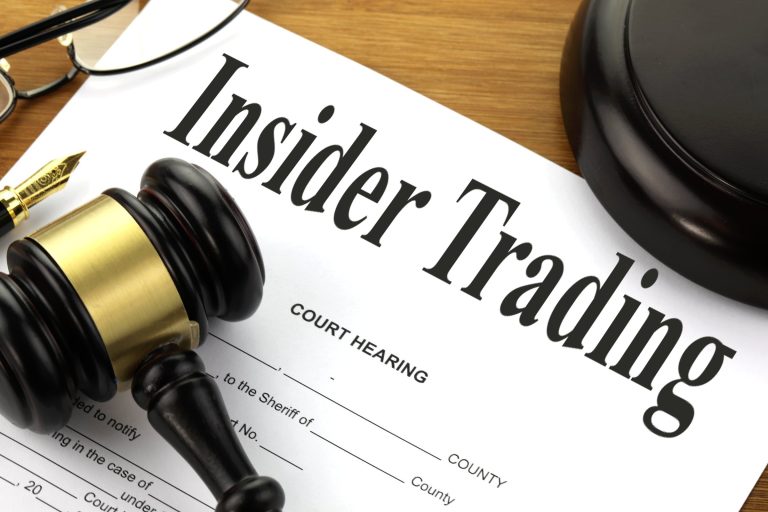Date: 2025-08-05
Best Buy is the largest U.S. specialty retailer of consumer electronics and appliances. It generates revenue through in-store and online sales, services (Geek Squad), extended warranties, and mobile services partnerships.
Is the business model simple and sustainable?
Yes. Retail margins are thin, but Best Buy differentiates via services, omnichannel presence, and value-added subscriptions. It relies on consumer electronics spending, which is cyclical but recurring.
Does BBY have a durable competitive advantage (moat)?
Moderate moat. Advantages include:
- Trusted brand & service programs (Geek Squad, Total Tech)
- Omnichannel operations and online integration
- Exclusive partnerships with vendors
Who are the competitors and where is its position?
Main competitors include Amazon, Walmart, and specialty appliance chains. Best Buy holds ~8% North American electronics share and ~33% of offline sales.
Is management shareholder-aligned?
Yes. The company has reduced its share count (-1% YoY) through buybacks and maintained a consistent (though modest) dividend (~$3.80/share, ~5.7% yield).
Is the stock undervalued vs intrinsic value?
Yes. Intrinsic DCF-based values between $92–102 vs current $64–67 suggest potential for ~35–40% upside.
Capital efficiency
Metrics are reasonable:
- ROIC ~10–11%
- 5-Year P/FCF ~8–12
- EV/FCF ~13–14×
These support efficient capital deployment for a retail business.
Free cash flow generation
Yes. TTM FCF ~$1.26B (about 3% margin), though volatile year-to-year. Free cash flow fell from $4.21B in 2022 to $0.675B in 2024, then rebounded to $1.392B in 2025.
Balance sheet strength
Moderate:
- Current ratio ~1.02
- Debt/Equity ~1.47
- Debt/FCF ~3.2× (within acceptable range)
BBY has financial flexibility but is leveraged to inventory cycles.
Consistency of earnings/revenue growth
Mixed. Revenue growth has been mild (~0–2% CAGR recently) and margins thin (~2.1% net margin as of TTM). Cash flow volatility reflects cyclical retail.
Margin of Safety
At $64–67 current price vs intrinsic $92–102 → ~35–40% margin of safety, assuming DCF assumptions hold.
Biggest Risks
- Retail cyclical downturns hurting demand
- Disposable income shocks or tech disruption
- Supplier competition / margin pressure
- Debt leveraged to inventory cycles
Shareholder dilution or bad acquisitions?
No. Share count stable, capital returns via buybacks, no major dilution. Free cash flow volatility is primary concern, not dilution.
Cyclicality & recession performance
Retail is cyclical. BBY tends to see cash flow compression during recessions, though its service revenue provides some resilience. Not a recession-proof business.
What might BBY look like in 5–10 years?
- More subscription and services revenue (Geek Squad, mobile contracts)
- Improved omnichannel integration
- Potential margin stability if consumer electronics cycles normalize
Buy if market closed for 5 years?
Yes, provided you buy at or below intrinsic value (~$93–100). At current prices, upside is strong enough that holding for 5 years could meet ~9% target.
Reinvestment vs cash return
Balanced: BBY uses cash for capital expenditures, dividends (~$430M), and modest buybacks (~1% yield). Low R&D intensity, but investment in digital transformation.
Market mispricing or correct pricing?
The market appears overly cautious on volatile free cash flows while ignoring long-term asset recovery and brand value. This creates a valuation disconnect.
Key assumptions and potential falsifiers
Assumes: modest recovery in free cash flow, stable discount rate, margin recovery.
Falsifiers: shrinking consumer demand, structural margin decline, rising debt costs, fierce online competition.
Portfolio fit
Best suited as a diversified cyclicals holding or value anchor in a portfolio. Offers high yield and mid-cycle free cash flow recovery potential, but less stable than utilities or large-cap defensive names.
Final Verdict
| Metric | Assessment |
|---|---|
| Intrinsic Value Estimate | $92–102 |
| Market Price | $64–67 |
| Upside Potential | ~35–40% |
| 9% Return Potential | Likely if bought at or below $67 |
| Recommendation | Buy (up to ~$75) |
| Risk Level | Medium — cyclicality and FCF volatility |
Conclusion: Best Buy is a cyclical but high-quality operational business. With strong customer loyalty, solid capital returns, and undervaluation relative to projected cash flows, it presents a compelling value opportunity for long-term investors, if bought at a sufficient margin to intrinsic value.
Based on my model and investment analysis pipeline, this could be a potential buy. However, I will not invest in this company at this price. I believe that this company will fall victim to a very competitive ecommerce market. The young today do not like communicating without screens and will therefore choose online stores over brick and mortar stores.
Disclaimer: This analysis is for informational purposes only and does not constitute investment advice. Always perform your own due diligence or consult with a financial advisor before making investment decisions.



